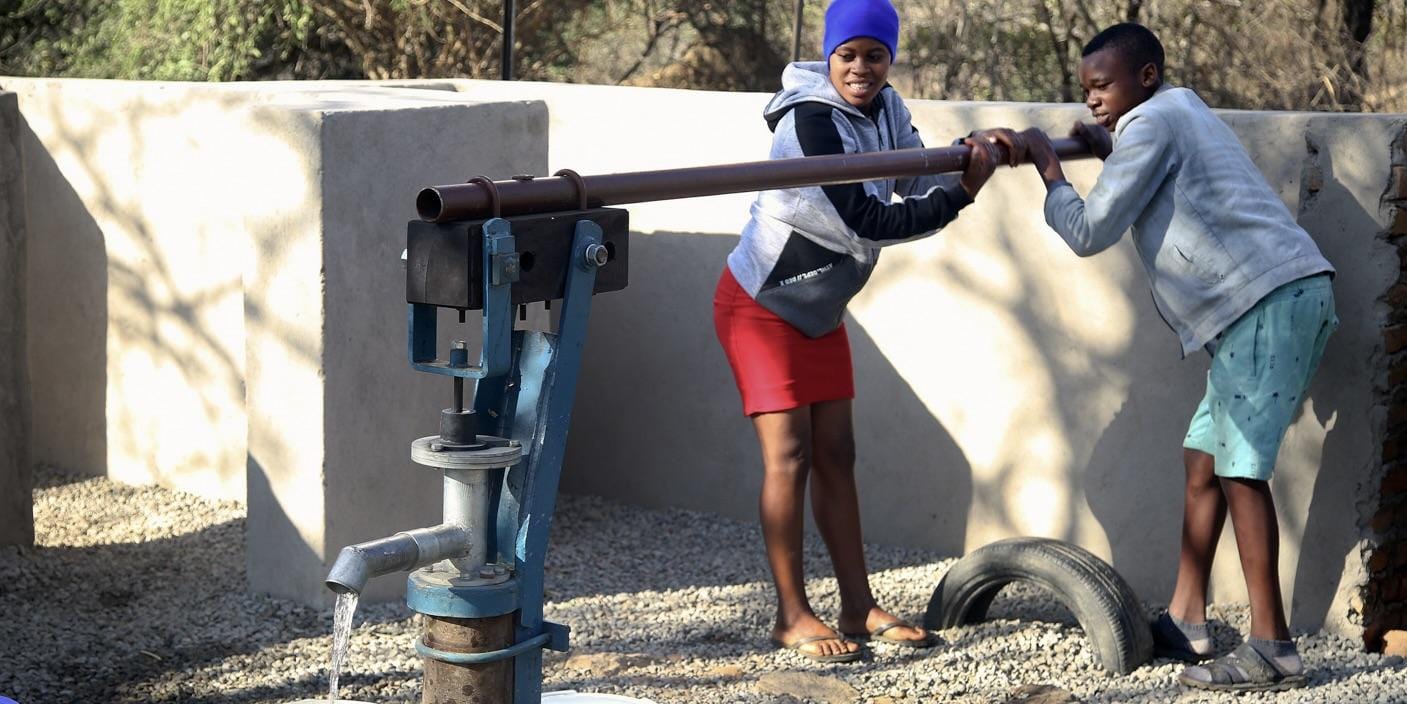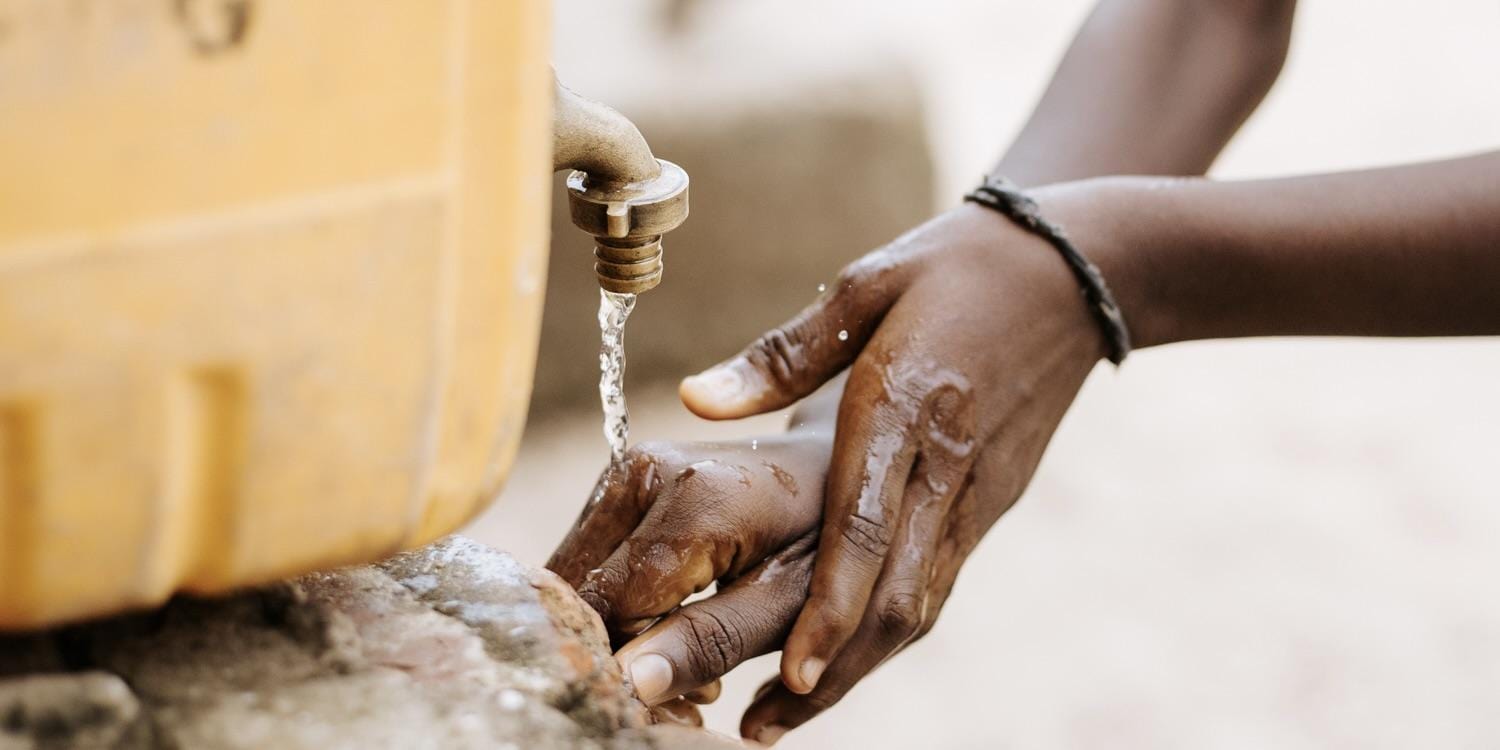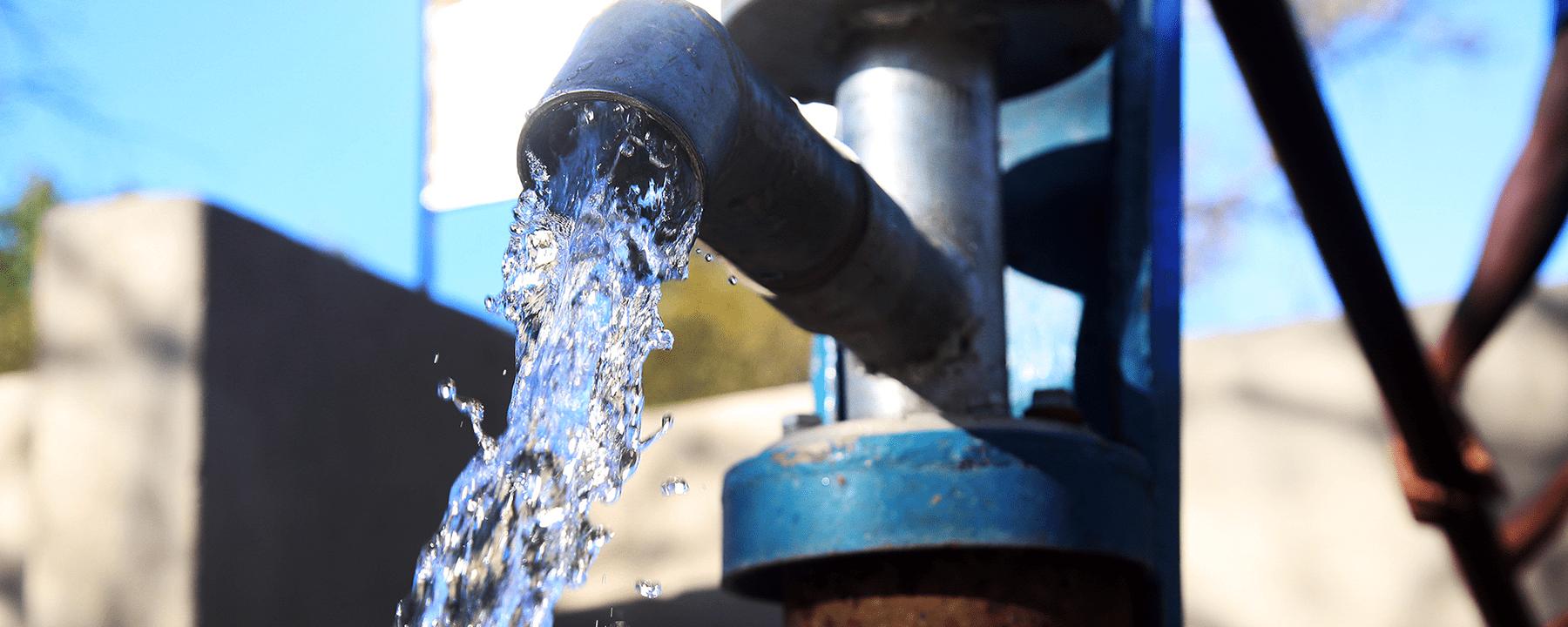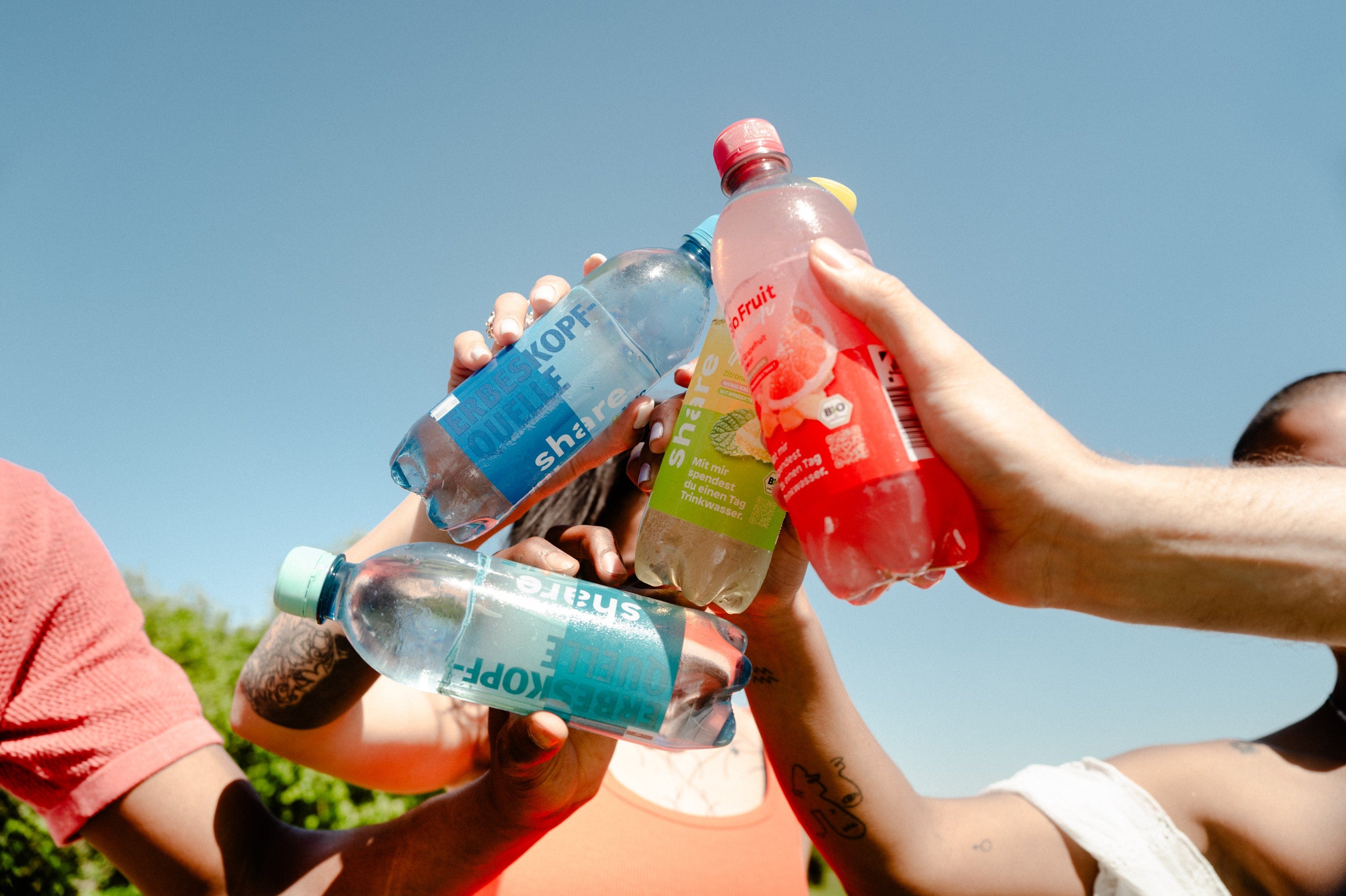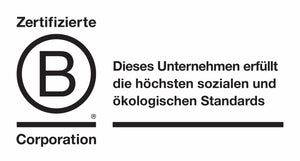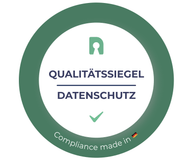Why safe toilets are linked to access to education
Access to sanitation facilities and thus better hygiene is very important: the risk of infectious diseases is reduced and health improves. For children and the elderly or weak, in particular, this often means a higher quality of life and new prospects. It is also fundamentally extremely important that children have access to toilets and appropriate hygiene at school, which also guarantees their safety and privacy. The situation is particularly critical for young girls, because without toilets in separate areas, they often stay away from school as soon as their period starts. The availability of safe toilets therefore helps to ensure that more girls go to school and school attendance rates increase.
Sources: SDG Report 2022, Unicef 2023, WHO 2022

